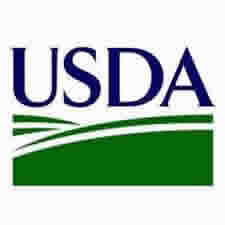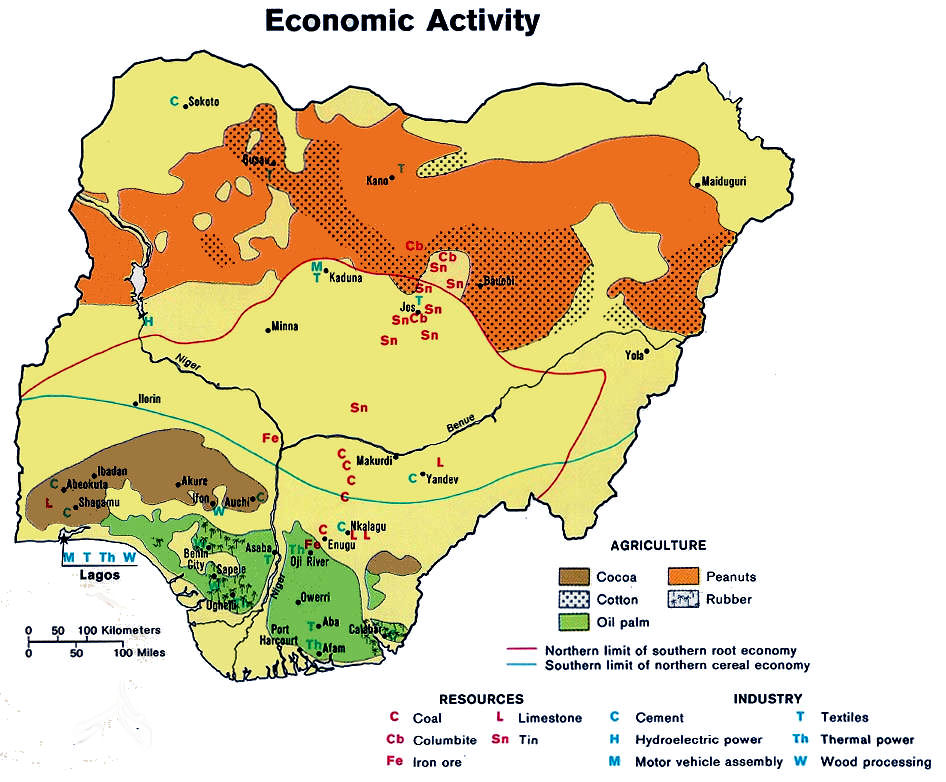 |
Nigeria Introduces Levy on Wheat Grain |
Report Highlights: Effective July 20, 2012, the Government of Nigeria (GON) introduced a 15-percent levy on wheat grain imports resulting in an increase of the effective duty from 5 percent to 20 percent. The GON also introduced a 65-percent levy on wheat flour imports to increase the effective duty from 35 percent to 100 percent, beginning July 1, 2012. As a result, the prices of wheat flour and bread have increased about 20 percent. Currently, flour millers are cautious, monitoring market situations in view of the new tariff, while U.S. wheat exports to Nigeria have decreased about 20 percent to about $672 million in June 2012 as compared to the same period last year.
General Information:
Effective July 20, 2012, GON began the implementation of a new levy increasing the effective duty on wheat grain imports from 5 percent to 20 percent. It also introduced a 65-percent levy on wheat flour imports to bring the effective duty to 100 percent, effective July 1, 2012. The price of wheat flour has increased in response 20 percent, from about $30 to $36 per 50 kg bag, since the levy’s introduction. (The price of bread has also increased by about 20 percent. Nigeria’s bakers’ association had said it would officially announce a new bread price that will reflect the increasing cost of baking ingredients by September 1st, 2012) Flour millers are cautious about the market implications of the new tariff on wheat imports and exports of U.S. wheat to Nigeria have declined more than 20 percent to about $672 million in June 2012 as compared to the same period in 2011.
The GON announced plans to cut wheat imports in its 2012 Appropriation Bill. The GON introduced a new policy compelling cassava flour inclusion in wheat flour and is determined to commence implementation this year, starting with 10 percent cassava flour inclusion rate. The inclusion rate is expected to increase steadily to 40 percent by 2015. Bakeries are to be allowed 18 months (until July 2013) to comply with the new requirements. It will also introduce some fiscal incentives, such as duty-free import of related equipment and machinery. The GON aims to increase marginal growth in the country’s Gross Domestic Product (GDP) and save the country some foreign exchange earnings from the cassava substitution/wheat import reduction.
Since the announcement the GON and its agencies have mounted campaigns to support the initiative. Some companies and trade associations/groups in related sectors are also publicly supportive of this initiative. However, the prevalent view is that the GON needs wider consultations with stakeholders, more time, and clearer programs prior to implementation. Flour millers, bakers, and processors of other wheat-based products, and even farmers, are reflecting back on past negative experiences with GON policy failures and are reluctant to commit resources to adapt to this initiative.
Generally, stakeholders maintain that there are no meaningful preparations by the authorities to make the initiative successful. They argue that despite their willingness to comply with the cassava substitution policy, there is no available supply of cassava to support this initiative and there are no existing technology/resources to process the required volume. Flour millers indicate they can successfully blend 3-5 percent of cassava flour with wheat flour, beyond which there will be a significant loss of quality. Now they can only blend on average at a one percent rate (about 30,000 MT in 2011) due to the lack of cassava flour. Bakers also state they are willing to comply with the new policy but their current equipment and machineries can only support the baking of wheat flour bread. Noodle and processors of other wheat-based products are also revising their prices upwards, although whereas these are mostly products that are affordable and are consumed by Nigeria’s large mass of consumers.
Nigeria remains a growth market for wheat imports because of its huge population of 167 million people and an annual population growth of 2.8 percent. The United States has a dominant market share of about 90 percent (valued approximately $1.4 billion) of Nigeria’s wheat market in 2011. The demand for wheat products has remained strong because of high prices for other local staples. The U.S. has a strong reputation as a consistent and reliable supplier of wheat, especially for HRW.
Enjoy this article? Feel free to share your comment, idea or opinion in the comment section
Related Articles

|
Nigeria's Current Agricultural Economic LandscapeReport Highlights:
The Central Bank of Nigeria continues to restrict access to foreign exchange in an effort to reduce rapid spending of U.S. dollars outside of Nigeria. This restriction is hindering all direct imports, including food and agricultural products. Post estimates that Nig [Read more]
|
Posted: 10 years ago |

|
The Importance and Values of EducationAs a parent and educationist, my passion has always been and, is still to support children in achieving their maximum potential and achieving overall happiness!
I have worked with individuals from ages zero to about 21 years and have observed simple truths that are useful to their developmental n [Read more]
|
Posted: 13 years ago |

|
Reality Check on Fiscal Policy in NigeriaAbstract: The fact that the 2014-2016 MTEF projects that an increase of N17 trillion in nominal GDP between 2012 and 2016 will be accompanied by a decline in nominal Federal Government revenue and spending suggests that Nigeria’s fiscal policy has disconnected from economic reality. Urgent ste [Read more]
|
Posted: 13 years ago |


